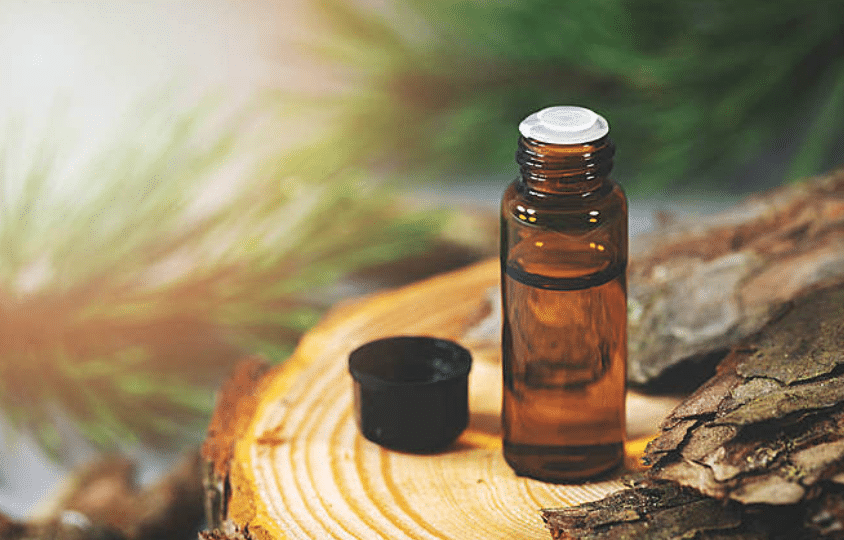
Pine Bark Extract powder
Gensei is a leading Pine Bark Extract powder supplier, dedicated to providing high-quality botanical extracts for the nutraceutical and dietary supplement industries. Our Pine Bark Extract powder is a potent source of proanthocyanidins, powerful antioxidants known for their numerous health benefits. We offer Pine Bark Extract bulk to meet the demands of manufacturers looking for a reliable and consistent supply. Our extraction process ensures a high concentration of active compounds, making our Pine Bark Extract powder an excellent addition to various formulations aimed at supporting cardiovascular health, immune function, and overall well-being. Partner with Gensei for your Pine Bark Extract powder needs and benefit from our commitment to quality and competitive pricing.
Please note: We are a wholesale supplier and have minimum order quantities.
Have questions about this product? Our team is here to help. For inquiries about multiple ingredients, please use the Contact Us option and include the list of ingredients in your message.
Pine Bark Extract Powder CAS No.: 84929-27-1 (This is a general CAS number for Pine Bark Extract)
Chemical Name: Pinus pinaster bark extract (for Maritime Pine Bark Extract, a common type)
- Pine Bark Extract
- Pycnogenol (This is a specific brand name for French Maritime Pine Bark Extract)
- Maritime Pine Bark Extract
- Pinus Bark Extract
CB Number: Not readily available for the general extract.
Molecular Formula: Not applicable as it’s a complex mixture. The main active compounds are proanthocyanidins, which are oligomeric flavonoids. Their general formula can be represented as (C₁₅H₁₂O<0xE2><0x82><0x86>)<0xE2><0x82><0x99> where ‘n’ represents the degree of polymerization.
Molecular Weight: Not applicable as it’s a mixture. The molecular weight varies depending on the specific proanthocyanidins present and their degree of polymerization. Proanthocyanidins typically range from dimers to polymers.
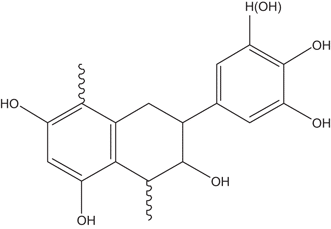
Pine Bark Extract Powder Manufacturing Process Flowchart
Pine Bark Extract powder is typically produced by extracting the active compounds from the inner bark of pine trees.
(Collected from specific pine tree species)
(Pine bark is cleaned to remove impurities and then dried)
(Dried pine bark is extracted with a solvent, typically water or a water-ethanol mixture, to dissolve the proanthocyanidins)
(The liquid extract is filtered to remove any solid particles and plant material)
(The filtered extract is concentrated, often using vacuum evaporation, to increase the concentration of proanthocyanidins)
(Further purification steps may be employed to enhance the concentration and purity of the proanthocyanidins)
(The concentrated extract is dried to form a powder, commonly using spray drying or freeze-drying)
(The dried extract is milled and sieved to achieve the desired particle size and consistency)
(Testing for proanthocyanidin content, purity, heavy metals, and other specifications)
(The Pine Bark Extract powder is packaged in airtight containers to protect it from moisture and light)
This flowchart provides a general overview of the Pine Bark Extract powder manufacturing process. Specific steps and solvents used may vary depending on the manufacturer and the desired standardization of the extract.
Our State-of-the-Art Manufacturing Facilities
Explore our modern facilities equipped with advanced technology to ensure the highest quality in the production of your vitamins, herbal extracts, minerals, and amino acids.


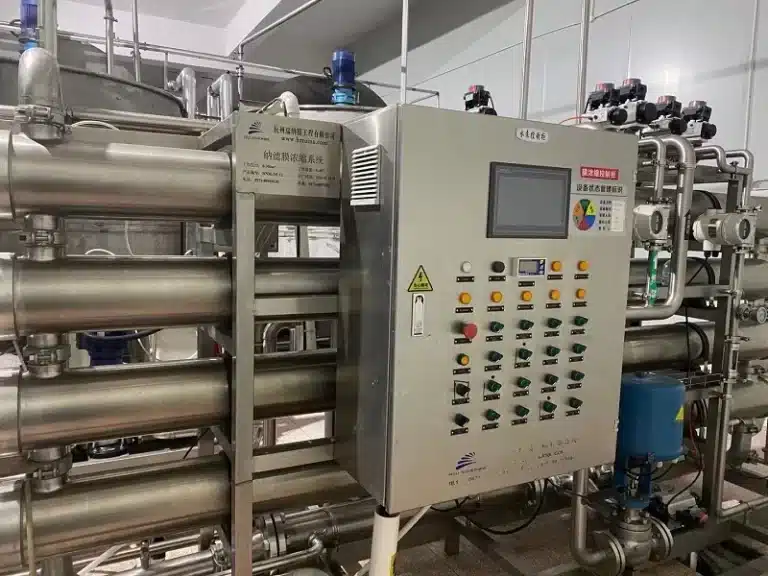
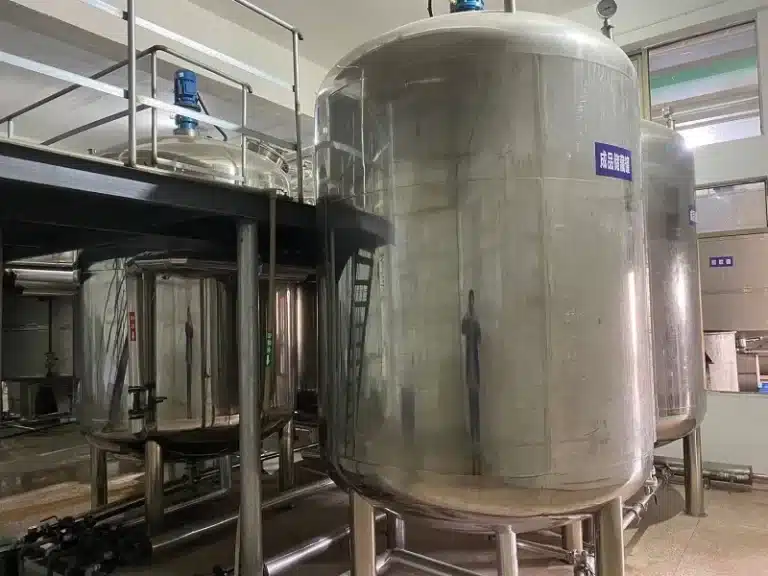
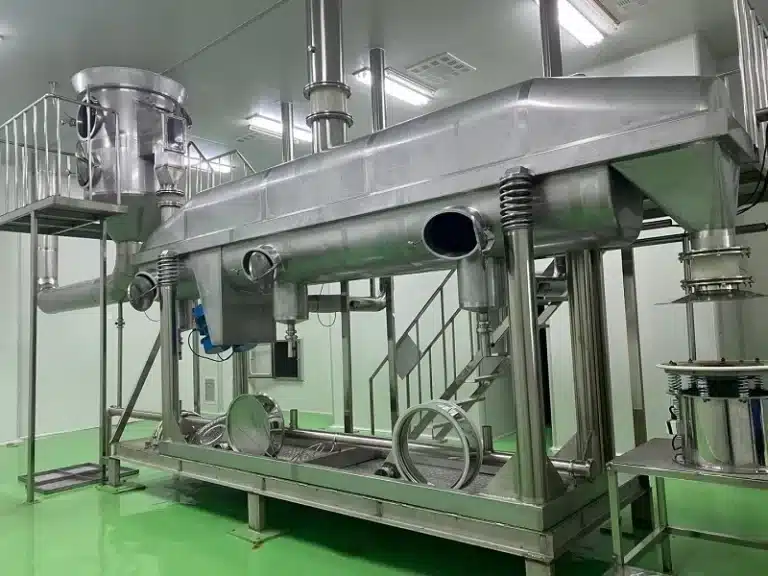
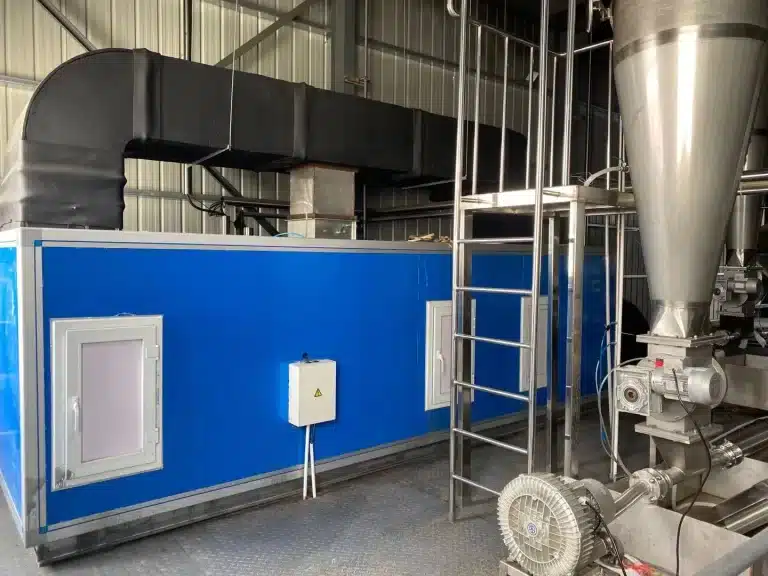

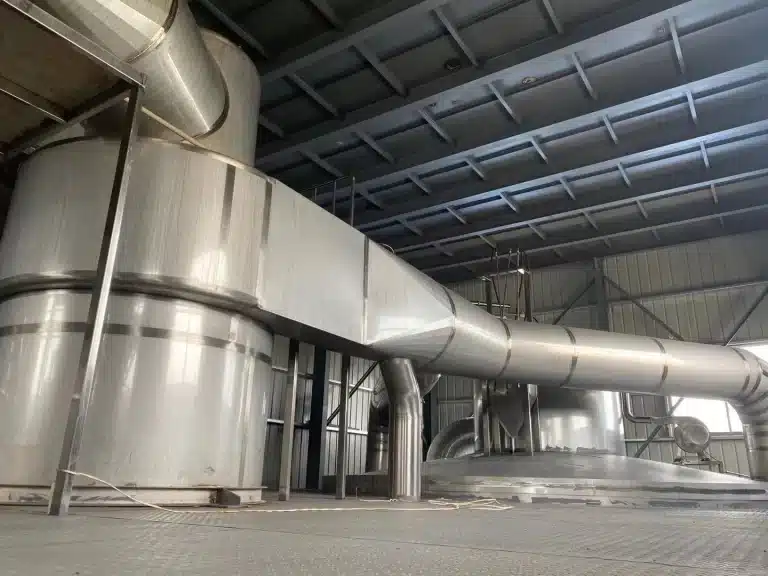



FAQs
Pine bark extract powder can be taken by mixing it with water, juice, smoothies, or other beverages. The typical dosage is usually specified on the product label.
Some studies suggest that pine bark extract, particularly Pycnogenol, may help improve erectile dysfunction (ED) due to its potential to improve blood flow. However, more research is needed.
There is limited scientific evidence to suggest that pine bark extract directly increases testosterone levels.
Several studies have indicated that pine bark extract may help lower blood pressure, particularly in individuals with hypertension, due to its antioxidant and vasodilating effects.
In general, pine bark extract is not known to raise blood pressure. In fact, as mentioned above, it may have a blood pressure-lowering effect. However, individuals with low blood pressure should monitor their levels.
The typical daily dosage of pine bark extract ranges from 20 mg to 500 mg, depending on the specific product and the intended use. It's best to follow the dosage recommendations on the product label or consult with a healthcare professional.
Making high-quality pine bark extract at home is difficult and not recommended due to the specialized equipment and solvents required for effective extraction and purification of proanthocyanidins.
Yes, French Maritime Pine Bark Extract is the source material for Pycnogenol. Pycnogenol is a specific, branded extract from the bark of the French maritime pine tree (Pinus pinaster).
While both are derived from pine bark and contain proanthocyanidins, Pycnogenol is a specific, well-researched brand with standardized levels of active compounds. Other pine bark extracts may vary in their composition and quality.
Yes, pine bark extract is generally considered good for you due to its high antioxidant content, which can support various aspects of health, including cardiovascular function, skin health, and immune function.
Pine bark extract is generally considered safe for most people when taken at recommended dosages. However, some individuals may experience mild side effects like digestive upset or dizziness. It's always advisable to consult with a healthcare professional before starting any new supplement.
Pycnogenol is a specific, branded form of French Maritime Pine Bark Extract that has undergone extensive research and standardization. While other pine bark extracts can be beneficial, Pycnogenol's specific formulation and research backing may make it a preferred choice for certain applications.
- Powerful antioxidant activity
- Supporting cardiovascular health and blood circulation
- Promoting healthy skin
- Supporting immune function
- Reducing inflammation
- Improving cognitive function
Common side effects of pine bark extract are usually mild and may include digestive upset, nausea, dizziness, or headache. It can also interact with certain medications, so consulting a healthcare professional is recommended.
Pine bark extract primarily acts as a potent antioxidant, helping to neutralize free radicals and protect cells from damage. This can have wide-ranging benefits for various bodily systems.
Maritime pine bark extract is an extract derived from the bark of the French maritime pine tree (Pinus pinaster). It is known for its high concentration of proanthocyanidins and is the source of the branded ingredient Pycnogenol.
There is no specific "best" time to take pine bark extract. It can be taken at any time of the day, preferably with food to enhance absorption and minimize potential stomach upset. Consistency is generally more important than the time of day.
Some studies suggest that pine bark extract may help lighten hyperpigmentation and improve skin tone due to its antioxidant and potential anti-inflammatory effects. However, more research is needed.
Making a concentrated and standardized pine bark extract at home is not feasible due to the complexity of extracting and purifying the specific proanthocyanidins. Commercial production involves specialized equipment and solvents.

